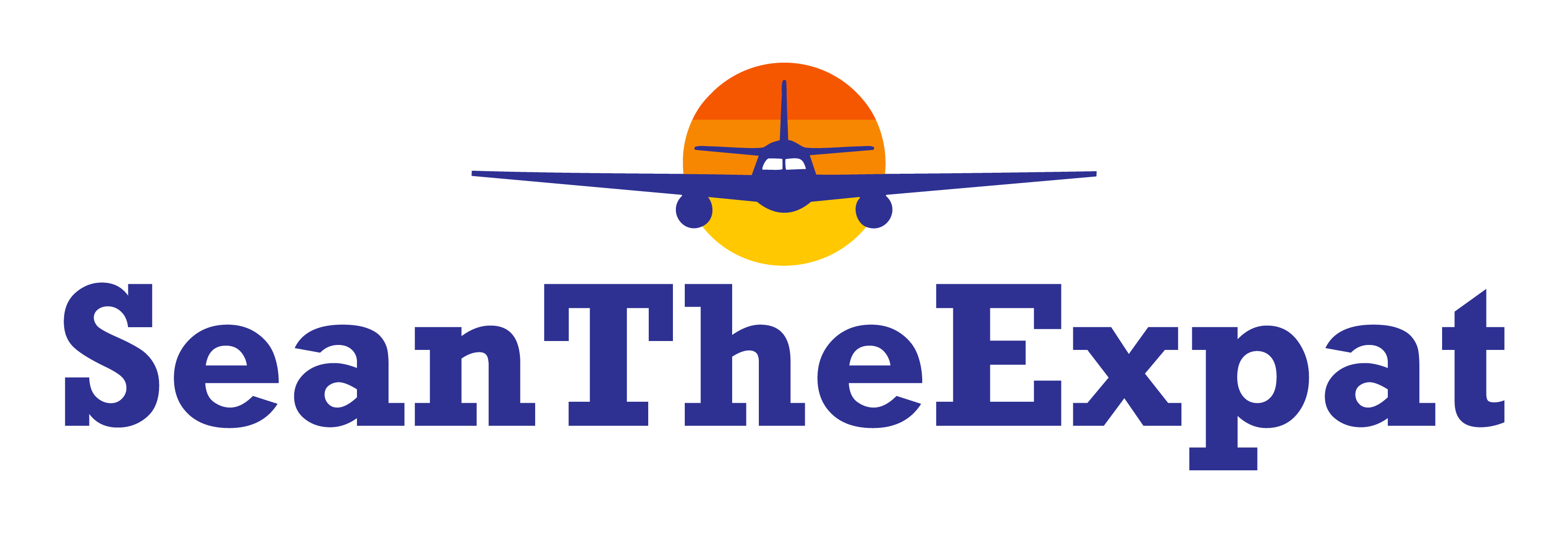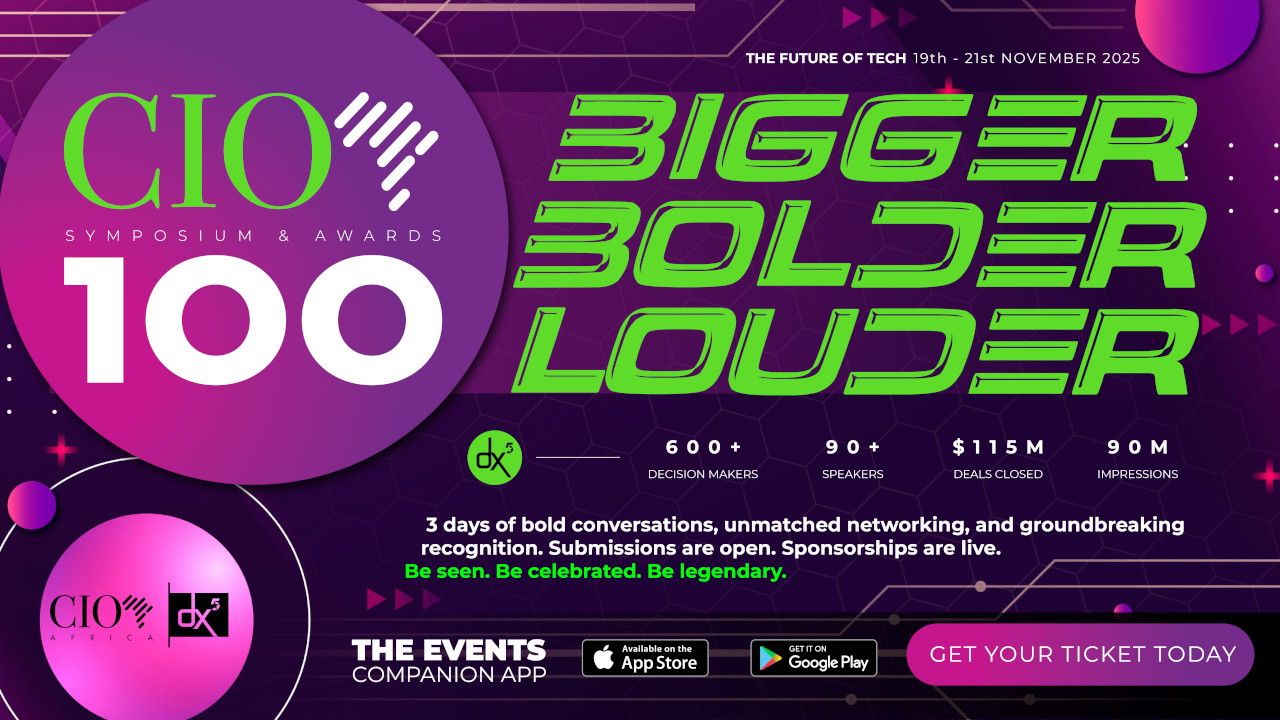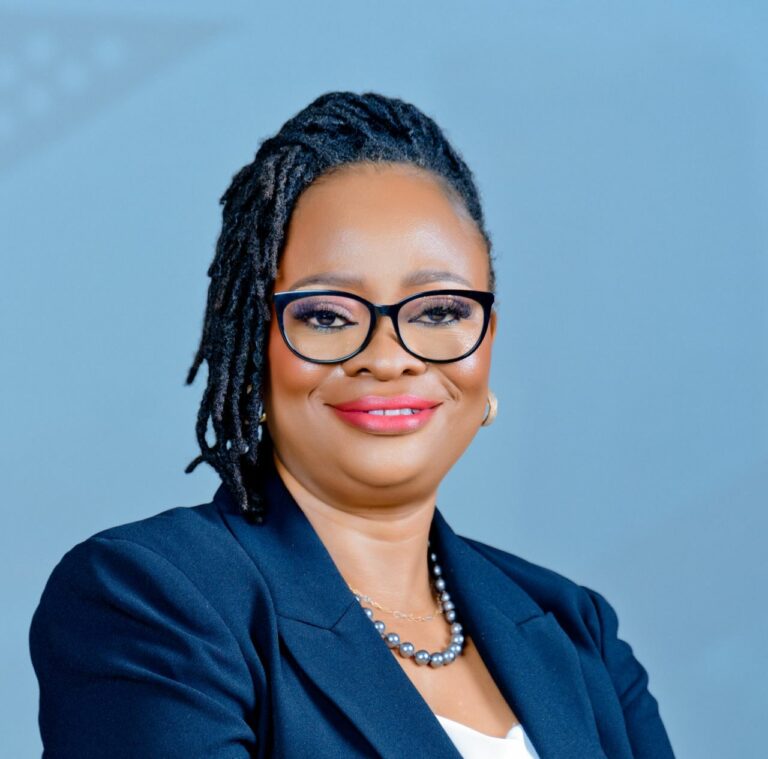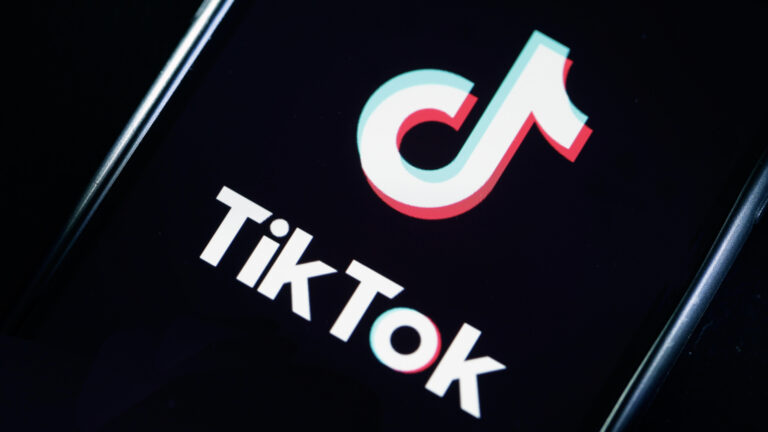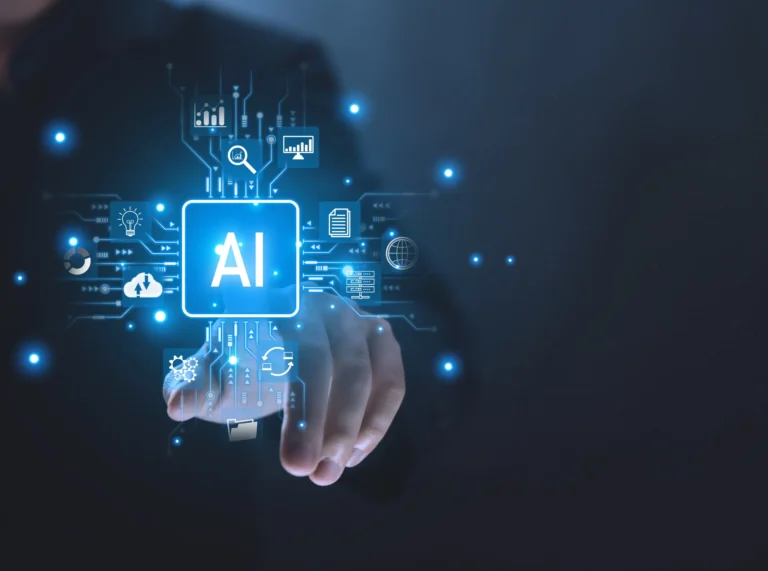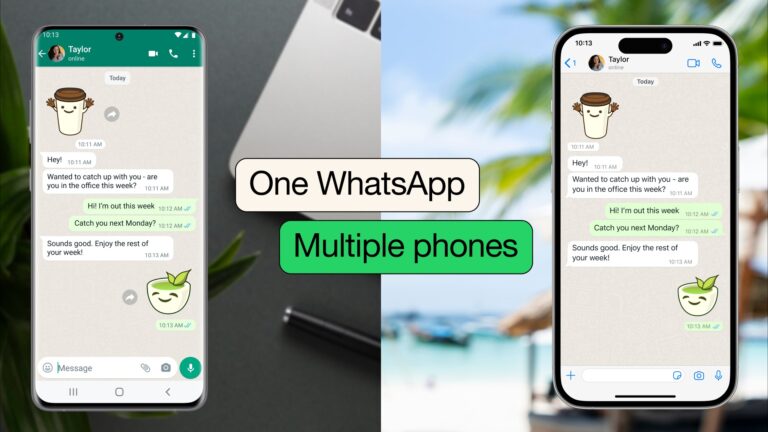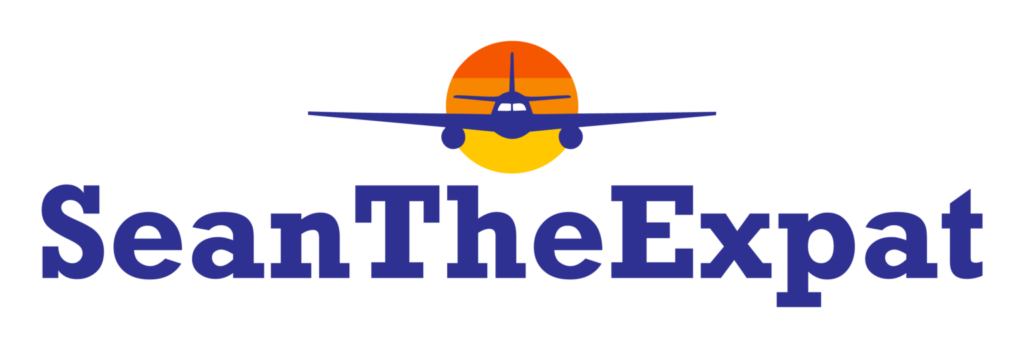Realising AI in Africa’s Education Systems
Africa must move beyond strategy and pilots by mainstreaming AI into education systems. This presents a refined roadmap for governments, academia, industry, and development partners to deploy AI-driven learning models that are adaptive, data-centric, and culturally grounded. Through real-time curriculum updates, personalised pathways, and scalable platforms operating even in low-connectivity areas, AI-powered education can narrow skills gaps, drive inclusion, and align learning outcomes with national and continental economic objectives.
The Urgency Of AI Education For Africa
With Africa on track to represent over one-third of the global workforce by 2050, equipping its youthful population for AI-first employment should be a national imperative. In Why Universities Are The Unplugged AI Readiness Link, we examined how traditional higher education is failing to supply job-relevant skills. We now turn to a transformative opportunity: leveraging AI itself to modernise education delivery on a broad scale.
The pace of economic change demands curricula that evolve in lockstep with labour market needs. AI platforms already drive insight through market signals that shape content on major learning platforms. African ministries can localise these systems by integrating data from job portals and industry surveys to deliver adaptive micro-curricula in areas such as agritech, renewable energy, fintech, and healthtech. This ensures that credentialed graduates possess the precise skills employers need today and in the future.
Personalised Learning While Scaling Access
African classrooms are often marked by overcrowding and curriculum uniformity. AI-driven adaptive learning addresses this issue head-on. Tools such as Squirrel AI and Century Tech already tailor learning pace and style to each student’s profile. Localised applications in Africa can incorporate multilingual content and culturally relevant scenarios to serve varied learning needs. Personalised learning boosts engagement, enhances completion rates, and builds lifelong learning capacities necessary for an AI-driven economy.
Though mobile internet adoption in Sub-Saharan Africa stood at 46 per cent in 2023 and is expected to exceed 70 per cent by 2030, rural and conflict-affected areas remain underserved. AI can bridge this gap via lightweight, low-bandwidth, and offline-capable platforms. Kenya’s M-Shule and Ghana’s uLesson already use SMS and compressed video technology powered by AI. Satellite solutions like Starlink and OneWeb, combined with edge AI, can reach isolated learners with minimal infrastructure.
Responsible, Inclusive Implementation
The African Union’s Continental AI Strategy, launched in September 2024, underscores education as a strategic priority and encourages national AI frameworks. Since then, regional events – including the High-Level Policy Dialogue in Addis Ababa in May 2025 – have urged member states to adopt ethical frameworks, data governance and cross-sector collaboration. UNESCO is piloting AI readiness assessments across six Southern African countries to guide national AI in education policies. Ensuring AI adoption is ethical, transparent, and inclusive is essential.
Case Studies And New Initiatives
This shift toward AI-driven education is no longer theoretical. It is taking root in bold policy experiments and grassroots innovation alike. Across the continent, governments, educators, and entrepreneurs are piloting new models that challenge the status quo and point to scalable, locally-adapted solutions. Here are some noteworthy initiatives and successful efforts that illustrate this emerging transformation.
Inclusive AI For Local Languages And Learners With Disabilities
Through the International Development Research Centre (IDRC), the AI4D (Artificial Intelligence for Development) initiative has supported the creation of open AI tools that enhance learning for underserved populations across West Africa. Key outcomes include:
- Machine translation and text-to-speech for Bambara – a major language in Mali, enabling storybooks and STEM content to be delivered in regional languages and bridging literacy
- Tools for sign-language recognition and voice-based learning that assist students with hearing or vision impairments, increasing accessibility across multilingual environments.
- Over nine annotated African language datasets have been released, enabling research and development of NLP models tailored to local contexts.
These tools have already improved comprehension and participation among rural students and learners with disabilities, offering valuable models for future AI-enabled inclusion strategies.
Ethical AI Governance In National Policy Frameworks
Ghana and Rwanda have adopted formal national AI policies emphasising privacy protection, transparent algorithms, bias mitigation, and data sovereignty-integral to the AU’s Continental AI Strategy. Key initiatives:
- Rwanda’s policy framework includes data localisation mandates, strong regulatory oversight for AI in education, and priority support for local-language AI resources.
- Ghana’s strategy mandates free, opt-in consent protocols for all student data collection and funds capacity building for local data science governance agencies.
Both policies now serve as regional benchmarks, providing a replicable foundation for ethical implementation of AI in education systems continent-wide.
Skills Training And Infrastructure Investment
Microsoft has launched a national AI and cybersecurity skills campaign aimed at training 1 million South Africans by 2026, with a particular focus on youth, government officials, and private sector workers.
Some highlights:
- A $296.8 million commitment to expand AI and cloud data centres in Johannesburg and Cape Town by 2027, building on a prior ZAR 4 billion investment.
- Microsoft will sponsor certification exams for 50,000 individuals in AI, data science, cybersecurity, and cloud architecture within the next 12 months.
- To date, Microsoft has trained over 4 million Africans in digital skills, part of a broader goal to upskill 30 million more across the continent within five years.
This programme is strengthening South Africa’s position as a regional AI hub and creating pipelines of certified talent for public and private sectors.
Pan-African Talent Development By 2025
Supported by Festival Managers (FestMan), Microsoft, Google, and Bloomberg, the AI Skills Fellowship aims to certify 10,000 African professionals in AI-related fields by the end of 2025. Initial successes:
- Fellows are drawn from diverse sectors, including education, healthcare, agriculture, and public policy, with priority given to women and underrepresented groups.
- The programme delivers intensive training, mentorship, and cloud lab access, leading to certifications in AI engineering, ethics, and data analytics.
- Graduates are already deploying AI projects in areas such as e-health diagnostics, precision agriculture, and language localisation tools.
- While early in rollout, the fellowship is showing a promising impact in building talent networks and enabling scalable AI innovation across sectors.
AI For 10M Africans Literacy Network
AltSchool Africa’s “AI for 10M Africans” campaign aims to democratise AI understanding and skills through grassroots hubs across urban and rural communities. Bold offerings:
- Local centres offer tailored workshops covering AI literacy, applied concepts, and entrepreneurship, delivered via in-person and digital hybrid formats.
- So far, more than 50 pilot centres in Ghana, Nigeria, Uganda, and Kenya have served over 250,000 learners, reaching both school-age youth and adult learners.
- In Ghana, community-based hubs have partnered with local teacher associations to co-develop modules using indigenous knowledge and local examples, improving relevance and uptake.
- The initiative has demonstrated that scalable, affordable AI education models can engage communities at scale and foster early interest in AI careers.
Policy, Culture, And Skills Integration
At the eLearning Africa 2025 conference, held in Nairobi, a strategic framework was discussed and developed:
- Policy leaders, educators, and technologists emphasised the need to integrate indigenous knowledge systems, green skills, and AI readiness into formal education strategies.
- A consensus emerged around teacher development as the critical lever-equipping educators to co-create AI-powered learning content rooted in cultural contexts.
- Several countries launched national initiatives to embed AI pedagogy in curricula, blending traditional content with digital skills and climate resilience education.
- This alignment at the regional policy level underlines the shift from ad hoc AI education pilots toward coordinated national and continental ecosystems.
These enhanced case studies illustrate how Africa is not only adopting AI in education but doing so in ways that are inclusive, locally relevant, and policy aligned. Each example reveals scalable models that policymakers, educators, and private sector leaders can learn from and build upon to operationalise AI across national education systems.
Measuring The Impact
Analyst estimates indicate that closing Africa’s digital skills gap could boost Sub-Saharan Africa’s GDP by $130 billion annually by 2030. AI-trained professionals command premiums of up to 56 per cent, and building AI governance frameworks enhances global competitiveness for both talent and investment.
A Strategic Roadmap: From Vision To Execution
- Policy alignment and governance: Build national AI-in-education strategies in line with AU’s Continental AI Strategy. Use UNESCO’s AI readiness benchmarks to guide implementation (African Union).
- Public–Private Partnerships (PPPs): Scale successful models such as AI4D, Mastercard Foundation’s Young Africa Works, GIZ’s digilern, and Microsoft’s AI training initiatives through co-funded ventures.
- Infrastructure and connectivity: Deploy broadband, satellite, and device procurement schemes. Leverage universal service funds to expand AI-compatible technology and teacher training.
- Teacher capacity and digital pedagogy: Integrate AI and digital teaching modules in initial and in-service teacher training. Tools like Ghana’s GPT-based educator assistant pilot support this model (African Union, arXiv).
- Ethics, data and equity: Adopt data-governance policies, ensure transparency in AI systems, and prioritise linguistic and cultural diversity to avoid digital colonialism.
- Monitoring & evaluation: Implement national repositories of AI educational outcomes and conduct regular assessments using UNESCO metrics and labour market alignment.
Advancing Africa’s AI Education Agenda
AI-powered education is no longer an abstract ideal – it is an urgent imperative for Africa. With the continent’s youth population surging and traditional education systems struggling to keep pace, scalable, adaptive learning platforms offer the clearest path to transforming education outcomes. By embracing AI, African nations can leapfrog legacy models to deliver inclusive, personalised, and future-ready learning. This is not just about deploying technology but about rethinking the architecture of learning itself: integrating real-time feedback, localised content, multimodal delivery, and support for all learners, including those with disabilities.
To achieve this transformation, stakeholders must move beyond pilots and policy drafts. Governments must lead with strong national AI and digital education strategies rooted in equity, data sovereignty, and local innovation. Implementation will require sustained public-private-academic collaboration, guided by ethical AI frameworks and interoperable infrastructure. Investment in teacher training, local language content, and resilient digital platforms is vital. Initiatives like Microsoft’s 1M AI-skilled workforce, the AI Skills Fellowship, and AltSchool’s AI for 10M Africans show momentum-but scale and coordination remain key.
The path forward demands clarity in governance, funding, capacity building, and above all, vision. Africa’s opportunity lies not just in catching up, but in setting global benchmarks for how AI can democratise learning. The time to act boldly, inclusively, and strategically is now. The continental conversation continues, and in the final article of this series, we will explore how Africa can build AI-powered learning ecosystems – integrating regulation, infrastructure, pedagogy, and entrepreneurship to fully harness an inclusive and sustainable AI future.
Anil K. Sahai, PhD, MBA, is a global technology leader and AI strategist shaping innovation in education and workforce systems.
